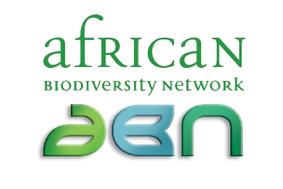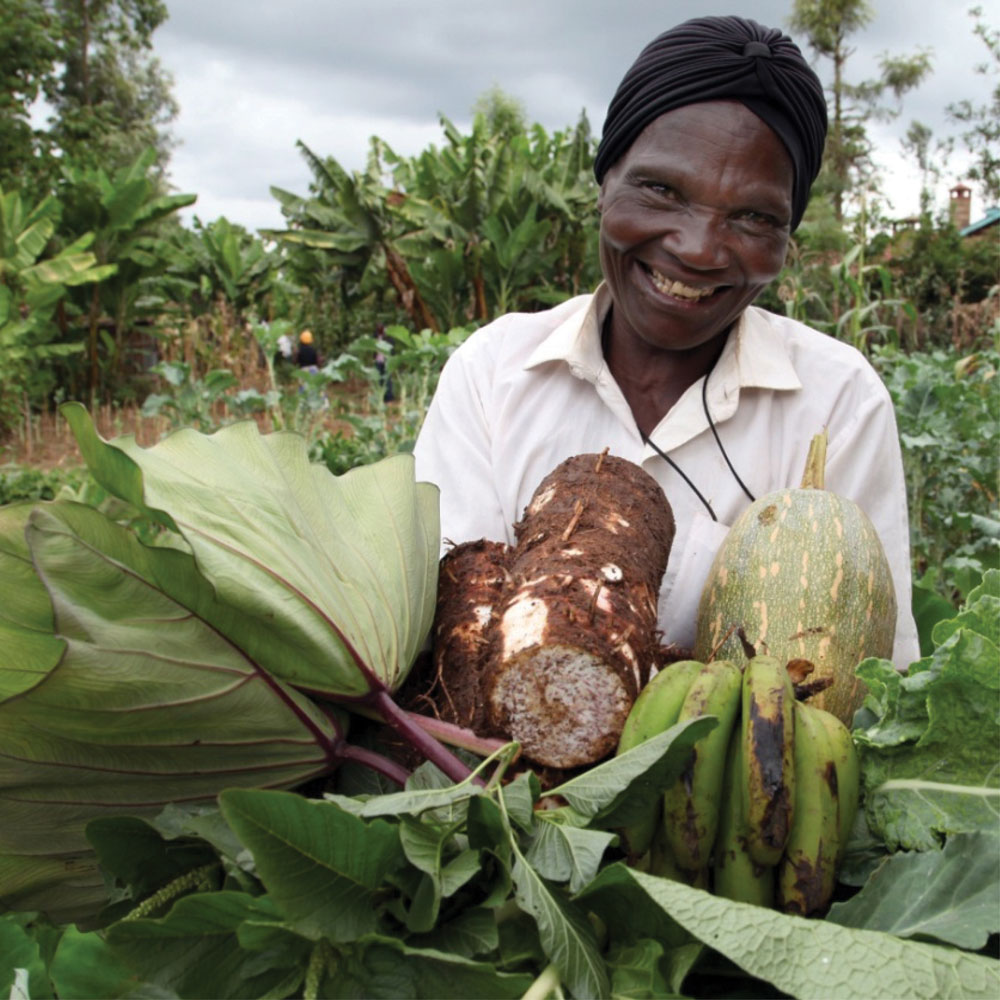Recognizing Women as Custodians of Seed and Change


In Africa, majority of the rural women work as small scale farmers who work to feed their families and the growing population. Seed for them is key and is at the heart of the African communities. As such seed diversity thus lies in their hands. Recognizing and celebrating rural women is a key thrust issue for the African Biodiversity Network (ABN).
This year’s International Women’s Day will be marked on Wednesday 8th March, 2017. Globally, this is the day dedicated to celebrate women’s achievements throughout history and across nations. The theme for the International Women’s Day, focuses on “Women in the Changing World of Work: Planet 50-50 by 2030”. The world of work is changing, and with significant implications for women. On one hand, we have globalization, technological and digital revolution and on the other hand, the growing informality of labour, unstable livelihoods and incomes, new fiscal and trade policies and environmental impacts—all of which must be addressed in the context of women’s socio- cultural and economic empowerment.
Preliminary research carried out by the African Biodiversity Network and the Gaia Foundation in collaboration with the African Women’s Development Fund showed the alarming lack of information and awareness about the knowledge and practices of the African rural women in agriculture. Women are not only the custodians of seed and food but play a role in rebuilding community cohesion, identity, meaning, inclusive governance, dignity and joy. Together with all our partners across the 12 African countries, we call for both practical and policy support for the rural women, their communities and social movements in Africa and for profound shift in agricultural and investments policies across the continent as a matter of urgency. Africa’s rural women, the custodians of seed and food, and their traditional diversity based seed, farming and knowledge systems, can make an essential contribution to regenerating the viability of our planet. Africa’s rural women need our respect and support now in order to turn the tide before it is too late.
It is these women that we celebrate on this auspicious occasion to mark the International Women’s Day in Tharaka Nithi County, Kenya on 8th March 2017. We recognize them as ‘Custodians of Seed, Food and Traditional Knowledge for Climate Change Resilience’ wherever they are. And by so doing we do acknowledge the critical role they play in evolving and maintaining the continent’s diverse and resilient agricultural systems. A role they do so admirably as custodians of food, medicine and biodiversity, and as spiritual, cultural and community leaders.
In 2015, world leaders adopted the Sustainable Development Goals, placing gender equality and empowerment of all women and girls at the heart of the 2030 Agenda for Sustainable Development. Achievement of the goals, including ending poverty, promoting inclusive and sustainable economic growth, reducing inequalities within and between countries, and achieving gender equality and empowerment of all women and girls, rests upon unlocking the full potential of women in the world of work.
For more information about this topic, or to schedule an interview please contact Simon Mitambo, the General Coordinator of the ABN on abnsecretariat@africanbiodiversity.org or smitambo@yahoo.com; +254 (0)202675043
